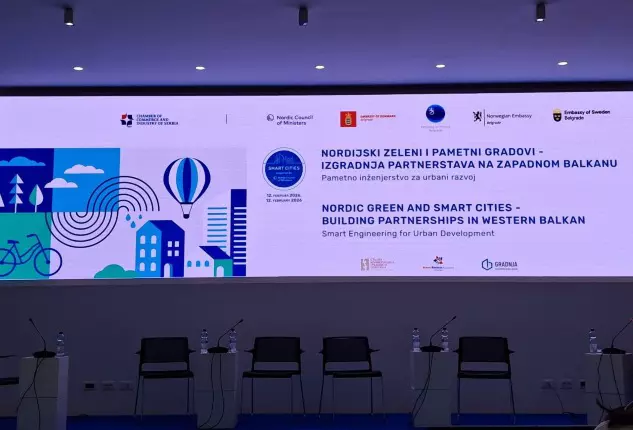From 11 to 22 November 2024, the capital of Azerbaijan, Baku, hosted COP29. The COP is the supreme decision-making body of the United Nations Framework Convention on Climate Change (UNFCCC). Every year, countries that are parties to the convention meet to assess the progress of climate action and negotiate policies to combat climate change. COP conferences have led to historic agreements, such as the Paris Agreement in 2015, which aims to limit global warming.
The choice of Baku as the conference location symbolizes the recognition of the importance of Central Asia in the context of global climate efforts. Azerbaijan, with its significant natural resources and developing energy industry, plays an important role in promoting energy security and the transition to sustainable development. One of the key themes of COP29 was accelerating efforts to achieve carbon neutrality and realize the goals of the Paris Agreement.

The conference began with a symbolic handover of the legacy from the UAE to Azerbaijan, highlighting the region’s efforts in combating climate change in the Middle East. Special attention in the Green Zone was given to supporting developing countries, including Azerbaijan, in implementing sustainable climate solutions to mitigate the damage caused by climate change. Azerbaijan is actively developing programs for the use of renewable energy sources. However, it was noted that attracting both private and public investments is crucial for the successful implementation of these projects, particularly in developing countries and those affected by climate disasters.
During the conference, experts and representatives from various countries also discussed measures to adapt to the inevitable impacts of climate change, such as droughts, floods, and extreme weather conditions.

Unexpectedly, much attention was devoted to the involvement of universities in promoting and advancing sustainable development ideas worldwide. As universities are at the center of scientific research, they stimulate policy debates and train future leaders capable of addressing the complex challenges of climate change. CIFAL in Istanbul and CIFAL in the City of London, two well-known UN-affiliated education centers, play a special role in this. One of the sessions was dedicated to sustainable development in the Caribbean, where young researchers presented their ideas and successful case studies.
A truly innovative session focused on the issue of recycling using artificial intelligence. Eco19 helps everyday users sort and recycle waste, while Econar provides companies with advanced tools to manage resources, reduce waste, and make effective modifications, marking a significant step toward the circular economy.
The topic of promoting mindful consumption practices in everyday life also received significant attention. Experts emphasized that green living benefits not only the planet and health but also interpersonal relationships. There were examples of how people found companions and even love simply by sorting their waste.
The most important aspect of the conference was the financial agenda. COP29 is referred to as the “financial COP” due to its focus on expanding financial solidarity programs. “Climate finance” includes assistance for low-income countries transitioning to a zero-carbon economy and helping the most affected communities adapt to the effects of climate change. The main goal of COP29 was to increase this funding and establish new challenges in this area. COP29 exposed the contradictions in climate finance between developed and developing countries. About 200 countries at the UN Climate Change Conference (COP29) signed a document allocating $300 billion a year from rich countries to poorer nations to combat climate change. Although the $300 billion is three times more than the amount agreed upon in 2009, the document was met with criticism from representatives of some countries. For example, Indian spokeswoman Lila Nandan called it “a meager amount” and described the document as “nothing more than an optical illusion.” COP29 highlighted the discrepancies in climate finance, with developing countries demanding between $440 billion and $900 billion annually in climate aid, while the US and Europe advocate for expanding the donor base to include China, South Korea, and the Gulf states, which are no longer considered poor. Despite the contradictions, COP 29 was an important event in the implementation of the Sustainable Development Goals, performing the climate agenda for the coming period.


